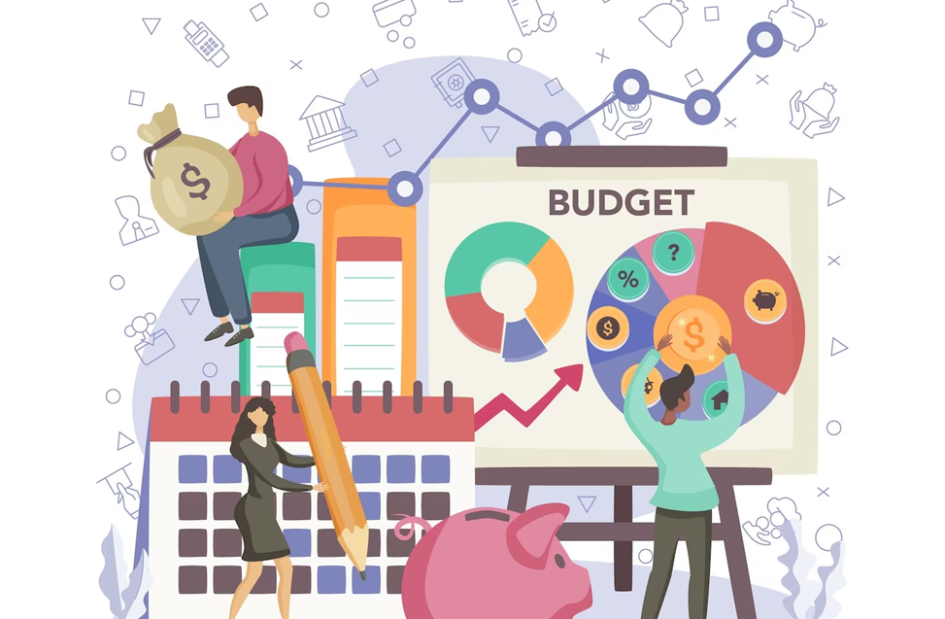Living within your means is essential for achieving debt relief. It’s important to create a budget and stick to it to avoid overspending and accumulating more debt. Here are some budgeting tips for debt relief to help you live within your means and achieve your financial goals.
- Track Your Expenses
The first step in creating a budget is to track your expenses. This includes all of your monthly expenses, such as rent or mortgage, groceries, transportation, entertainment, and debt payments. Use a budgeting app or spreadsheet to track your expenses and see where your money is going.
- Identify Areas to Cut Back
Once you’ve tracked your expenses, identify areas where you can cut back. Look for expenses that aren’t essential or that you can reduce, such as eating out, subscription services, or unnecessary purchases. Be honest with yourself about where you can cut back and commit to making those changes.
- Prioritize Your Debt Payments
Make your debt payments a priority in your budget. Determine how much you need to pay each month to stay current on your debt payments and put that amount in your budget. Consider using the snowball or avalanche method to pay off your debts faster.
- Save for Emergencies
Unexpected expenses can derail your budget and lead to more debt. That’s why it’s important to save for emergencies. Aim to save at least three to six months’ worth of living expenses in an emergency fund. This can provide a cushion in case of job loss, medical expenses, or car repairs.
- Use Cash or Debit Cards
Using cash or debit cards instead of credit cards can help you stay within your budget. Set a weekly or monthly cash allowance for non-essential expenses, such as entertainment or dining out. Once the cash is gone, you can’t spend any more until your next allowance.
- Look for Ways to Increase Your Income
Increasing your income can help you pay off your debts faster and stay within your budget. Look for ways to increase your income, such as taking on a side hustle, asking for a raise, or selling items you no longer need.
- Review Your Budget Regularly
Review your budget regularly to ensure that you’re staying on track. Make adjustments as necessary and identify areas where you can improve. Celebrate your successes along the way and use them as motivation to keep going.
In conclusion, budgeting is essential for debt relief. By tracking your expenses, identifying areas to cut back, prioritizing your debt payments, saving for emergencies, using cash or debit cards, looking for ways to increase your income, and reviewing your budget regularly, you can live within your means and achieve your financial goals. Remember, budgeting takes time and effort, but it’s worth it for the peace of mind that comes with being debt-free.
